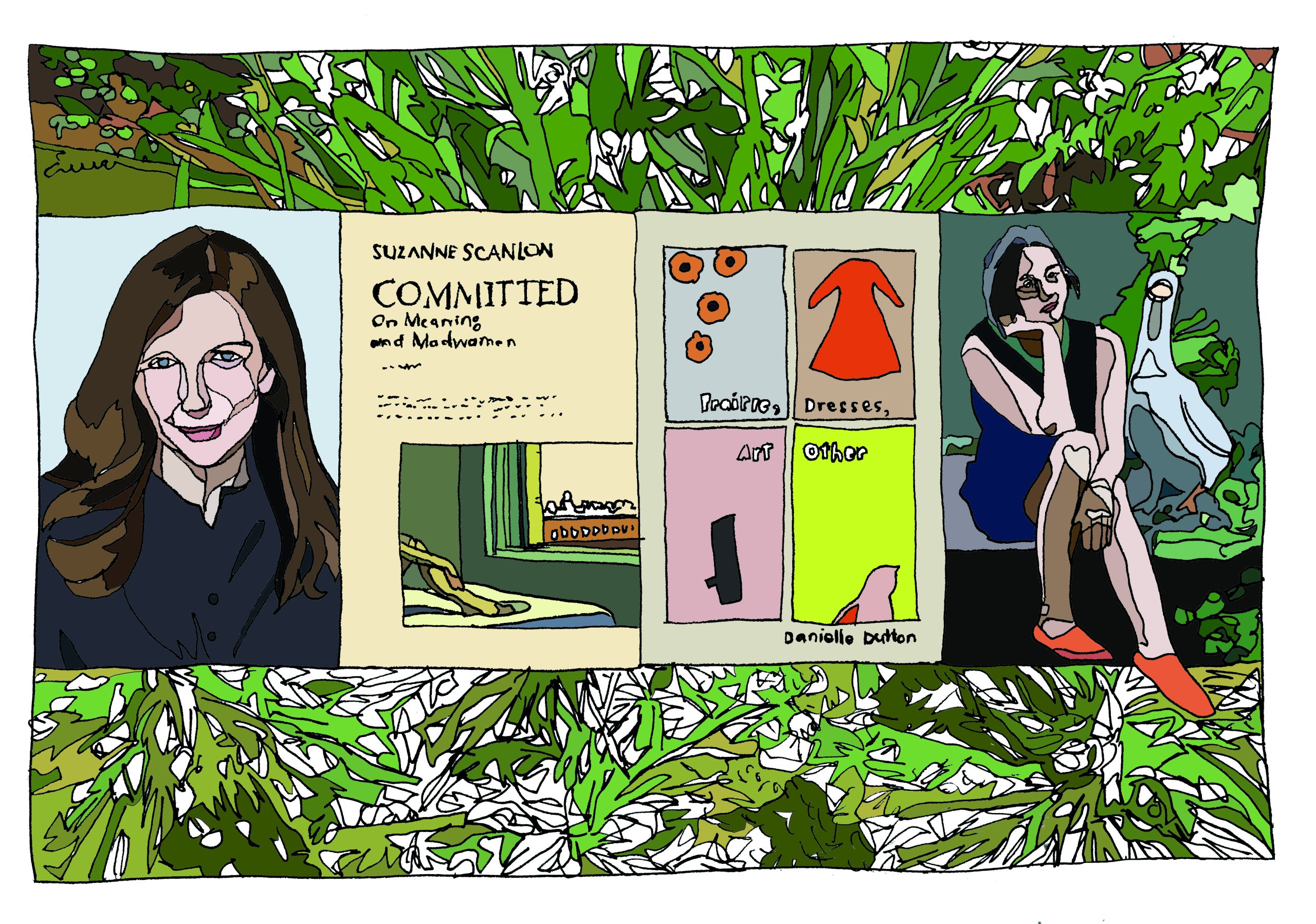news
“Billy Echo” by Sean Ferrell

We all forgave Billy his silences because, truth be told, understanding him was a few yards past impossible. His first words were “Gimme gimme,” not because he said it twice but because the echo was already there. At first no one noticed. Some thought it a stutter. His grandmother, the first to see his lips didn’t move with his words, said, “That boy’s not right.” She said that about most, so it was ignored. But by the time Billy and I had reached our double-digit years, by the time we noticed girls and their differences and how we might feel about them, the echo had gotten worse, words overlapping from the moment he started the first syllable. Billy gave up on talking much at all.
In all other ways he was there, pointing, grabbing, pushing, adding his laughs so deep and layered that a group of three or four plus Billy sounded like an audience of thirty or more, an overfull car-load of joy ripping from him. Once, on a dare, he’d gone into a restaurant’s drive-thru and ordered burgers for me and Cousin Jodi. The manager called the police who failed to understand our and Billy’s laughter, who failed to understand why they couldn’t find the source of the others laughing with us, who couldn’t fathom why Cousin Jodi wet herself when the officer asked Billy for his name.
Strangely, or maybe not, given who he was and how nice a smile sat on his face, Billy was the first of us to have a girl whisper his name in the gym’s dark corner at a school dance. Cee Cee was taller than most, the first girl to have breasts, the only one with anything remotely like a grown woman’s body. All the boys looked at her in the way that meant they saw what couldn’t be seen. Cee Cee chose Billy, looked right back at him with the same eyes that saw things that weren’t there, reached right out for his hand and pulled him to the gym’s forbidden corner and they didn’t come back until chaperons switched on the lights. They came back blushing. Robert tried to get Billy to say what happened, and Billy, laughing, obliged, the twinkle in his eye letting me know he wasn’t telling Robert what he wanted, just flooding his ears with names of flowers and cars and grocery items. Bouncing words leaped from his lips so confused and jumbled that Robert hung to them, desperate, certain a secret coupling could be heard.
And perhaps he was right, because years later I heard from Cee Cee that she and Billy slept together, that she’d told him she loved him and that he’d smiled and started to talk and hadn’t stopped the entire time they did it, right there in her bedroom, beneath vampire movie posters, her physics homework still on the foot of the bed.
“He didn’t stop talking the whole time,” she’d said, a cherishing smile on her lips. I realized then she’d told me because he wanted to but couldn’t get the words out, that she’d known this and fulfilled his needs. Next time I saw him we just smiled and knew. Her words repeated in my head.
It was three weeks later that we were in the car, Cee Cee and Billy and me and Cousin Jodi, and Jodi was going too fast on black ice and the car ignored what her hands did to the wheel and it went and did its own thing. Cousin Jodi and me, our seat-belts on, were fine. But when we hit the tree going sideways Cee Cee was thrown into her window, and it smashed, and part of her head with it, and by the time we could all see and move she was beyond seeing or moving. And then came Billy’s words, crushed under themselves, and they didn’t stop, one on top the next. I don’t see him everyday like I did, and though we talk now in e-mails and texts and only infrequent, I still hear those words, hear that patter of wails that abbreviated some of the echos, and know that there’s some echos still lurking in my head just waiting for the right moment to leak out and remind me again and again how sorrow doesn’t have an end.
–Sean Ferrell is the author of Numb (Harper Perennial, 2010). His writing has appeared at The Outlet, The Nervous Breakdown, The Adirondack Review, and elsewhere. He lives and works in New York City, and finds it unnerving to write about himself in the third person.
Photo: Echo Amphitheater from http://www.vivanewmexico.com









